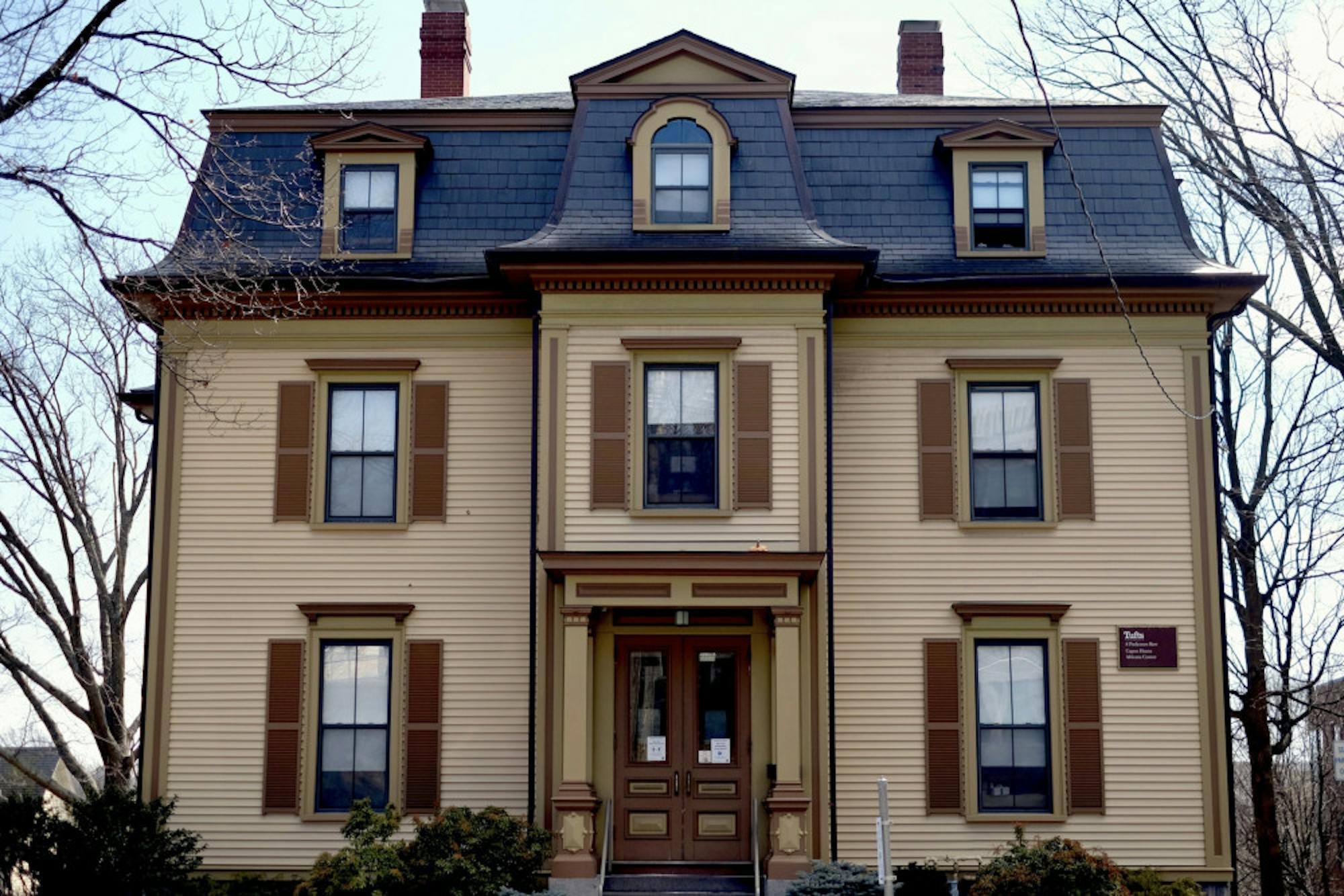The physics department celebrated Black in Physics Week for the first time with a mix of in-person and virtual events during the week of Oct. 24–30. Black in Physics Week began inOctober 2020 with the intent of recognizing and commemorating the contributions of Black physicists to the scientific community.
Tufts University’s events were coordinated by the physics department’s Diversity, Equity, Inclusion and Justice (DEIJ) committee and included a colloquium speaker, coffee chats, a movie night and a celebration at the Africana Center.
Aja Sparks, an undergraduate representative on the DEIJ committee, played a large role in organizing the week’s events and cited the colloquium speech given by Tammy Walton, associate scientist at Fermilab, as one of the week’s most engaging and successful events. Walton shared the findings from a recently concluded international experiment titled “First Results from the Muon g-2 Experiment at Fermilab.”
“She’s just absolutely amazing,”Sparks, a junior, said. “To have her or someone like her speak [was] just really impactful. Because it's one thing to say, ‘No, physicists don't just look like this.’ It's another thing to actually see someone who doesn't look like the traditional view of a physicist, and that's the whole point of Black in Physics Week.”
Physics Department Chair Larry Ford echoed Sparks’ thoughts on Walton’s presentation.
“Scientists speak as role models to students,” he said. “We’ve tried to have a range of speakers and have a fair number, as much as we could, [be] women and [minorities].”
Ford explained that faculty members were not present for a follow-up Q&A session held with Walton, as sometimes students may be afraid to ask questions in the presence of their professors. He noted that the stigma around asking questions may be felt especially by physics students of historically marginalized backgrounds, and hoped that the format and content of this year’s session would alleviate anxiety.
Sparks explained that this change is one of many that the physics department has made since the creation of its DEIJ committee. She said that in the past, rigid scheduling and a lack of obvious support from within the physics department created a stressful environment for some students.
“[The environment] propagates a stigma in the physics department that you have to be really smart to be a physics major or take physics classes,” she said. “A lot of Black students and minority students drop out of the classes really early instead of taking the class, and maybe they would have been interested later down the line.”
Michael Dolce, a graduate student on the DEIJ committee, and Sparks both noted that their work has been largely focused on changing this idea. According to Dolce, the physics department sent out an informal survey to undergraduates last year to gauge how students felt about available resources.
“We were surprised that undergraduates did not feel like they were very supported,” Dolce said. “That's a lot of the motivation behind a lot of what the DEIJ committee in general is trying to do, is to try to support undergraduate students, especially those that have been marginalized.”
Sparks said that ensuring physics students felt aided by the department was a crucial part of the events scheduled during Black in Physics Week. She explained that coffee chats held by physics majors as well as other similar opportunities to talk with professors — called Facul-TEA meetings — were designed for anyone interested in taking physics classes and hoped that these discussions would promote accessibility to the department.
“It's for anybody who wants to learn more about the department and wants to talk to people about their classes, just find support,”Sparks said.
Ford said that the coffee chats were open to anyone interested in discussing physics, including those outside of the Tufts community.
“These prospective students could be, for example, undeclared majors," Ford said. "Or they could also be high school students or people outside of Tufts … who wanted to find out what it’s like to be a physicist."
Along with events meant to encourage those curious about the physics department to meet with professors and majors, Dolce felt that the week's events, especially the movie night, were particularly engaging ways to bridge some divides between undergraduate and graduate students.
“Sometimes, even in this department in the past and in a lot of other ... science departments, there’s kind of a gap between undergraduates and graduate students,” he said. “As part of Black in Physics [Week], that’s one of the things we’re trying to do, is to try to build a better connection between the two.”






